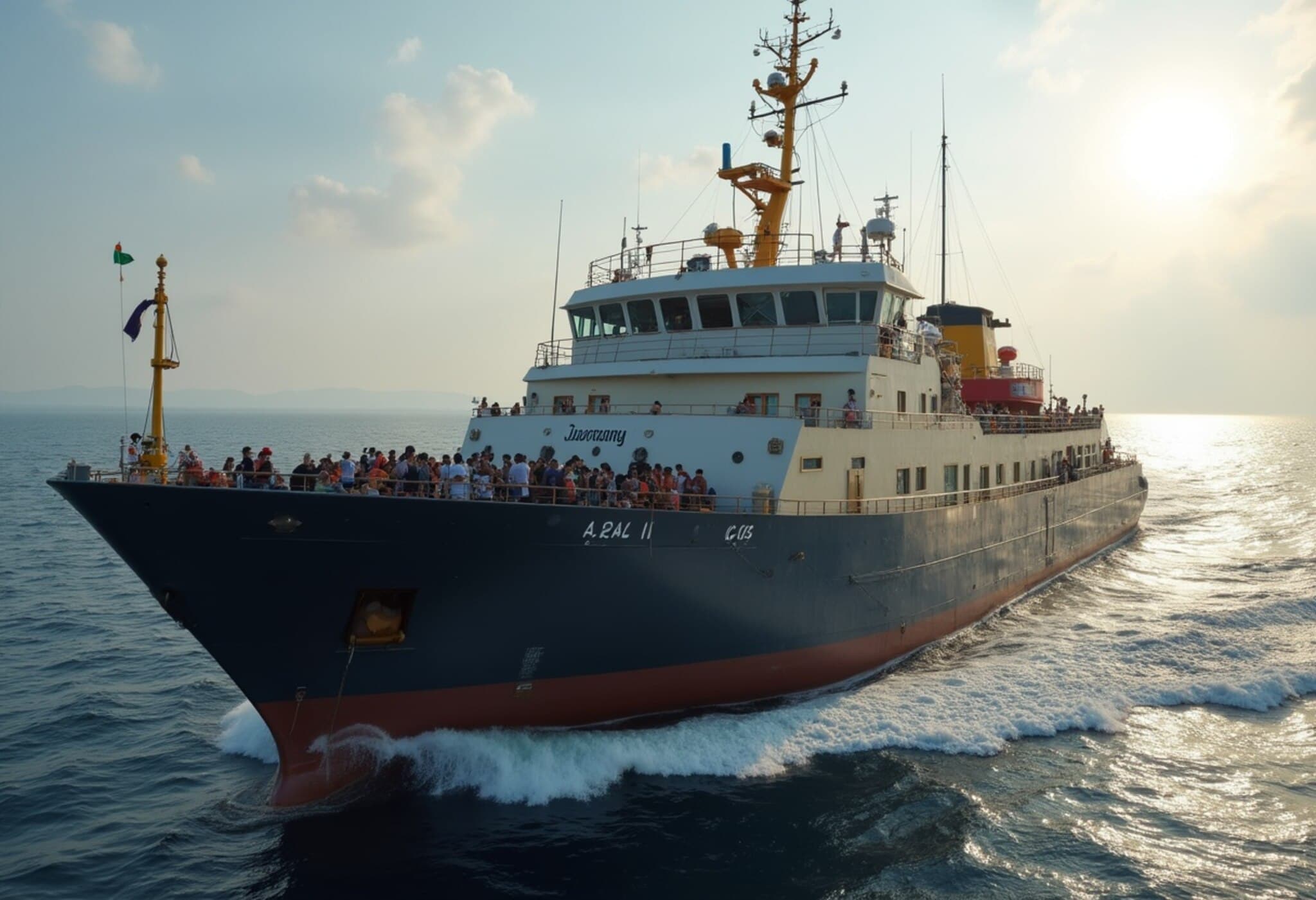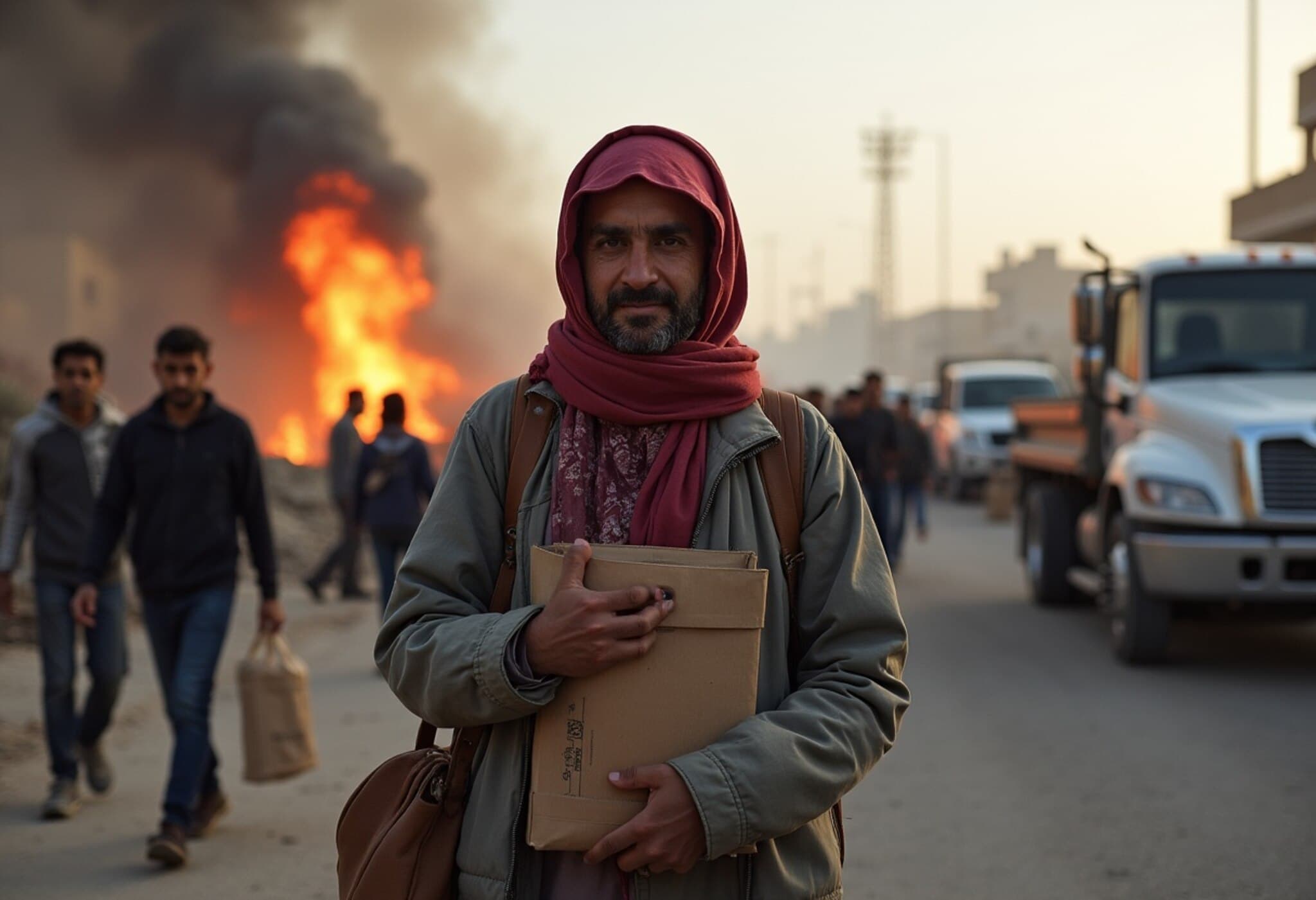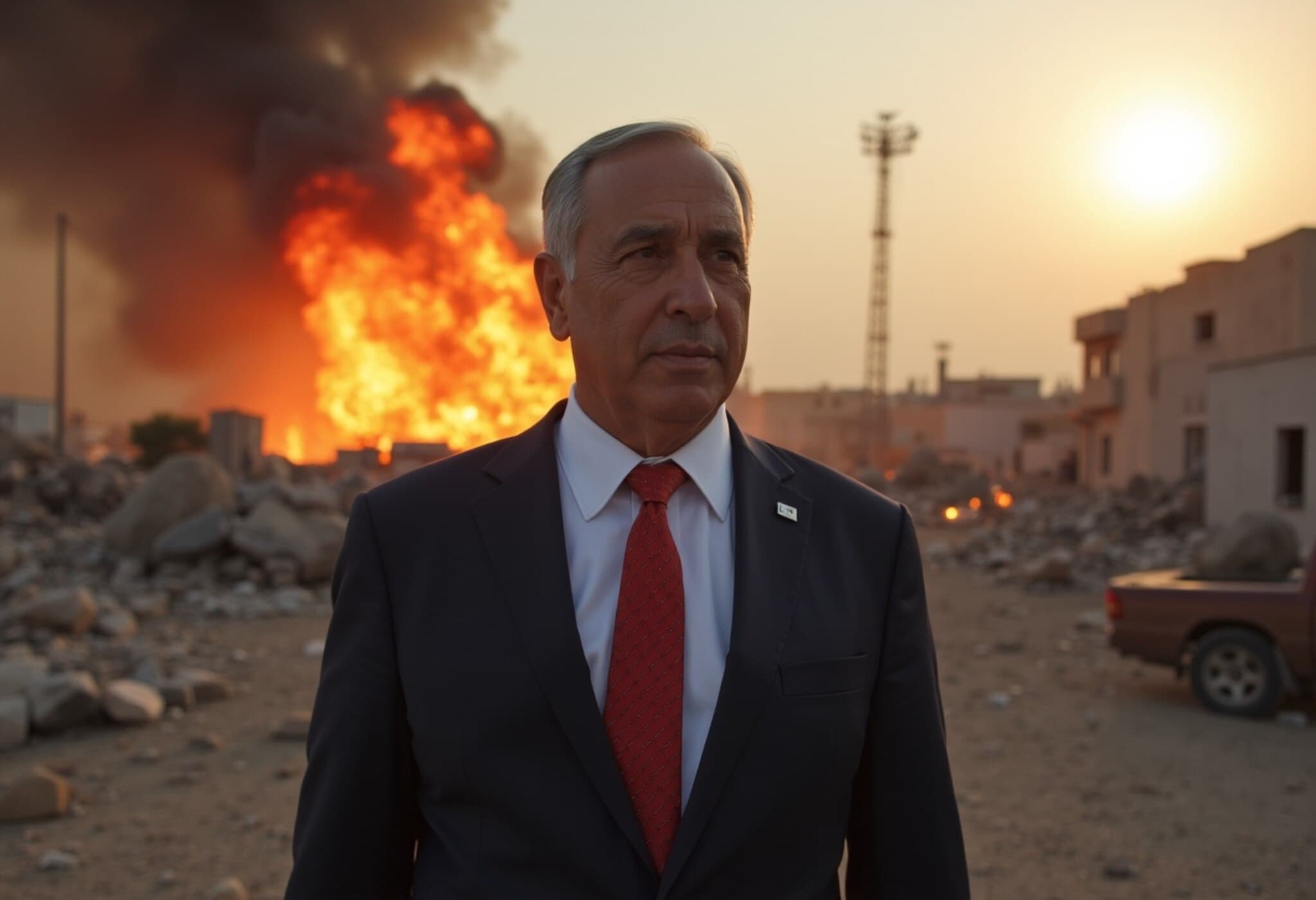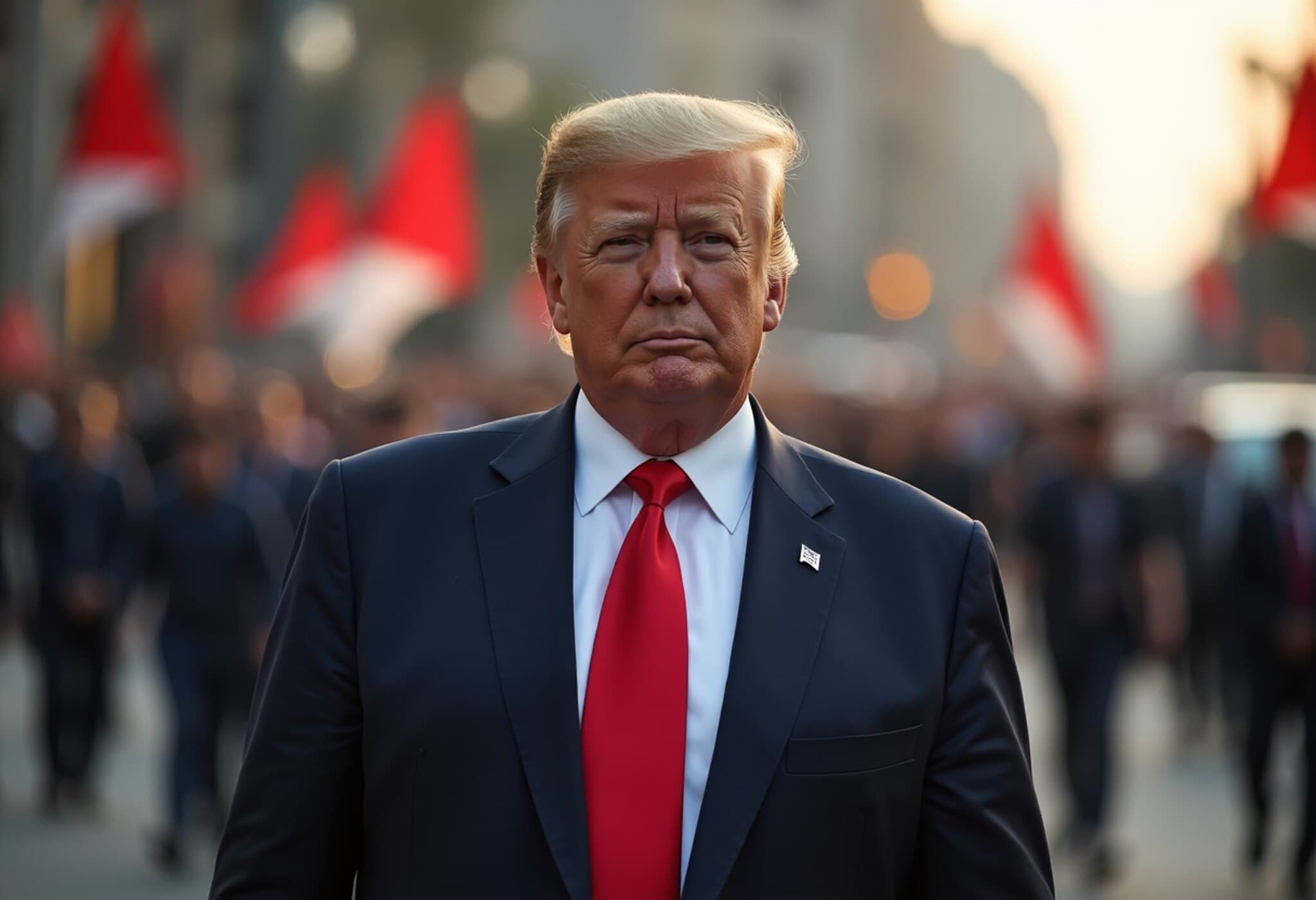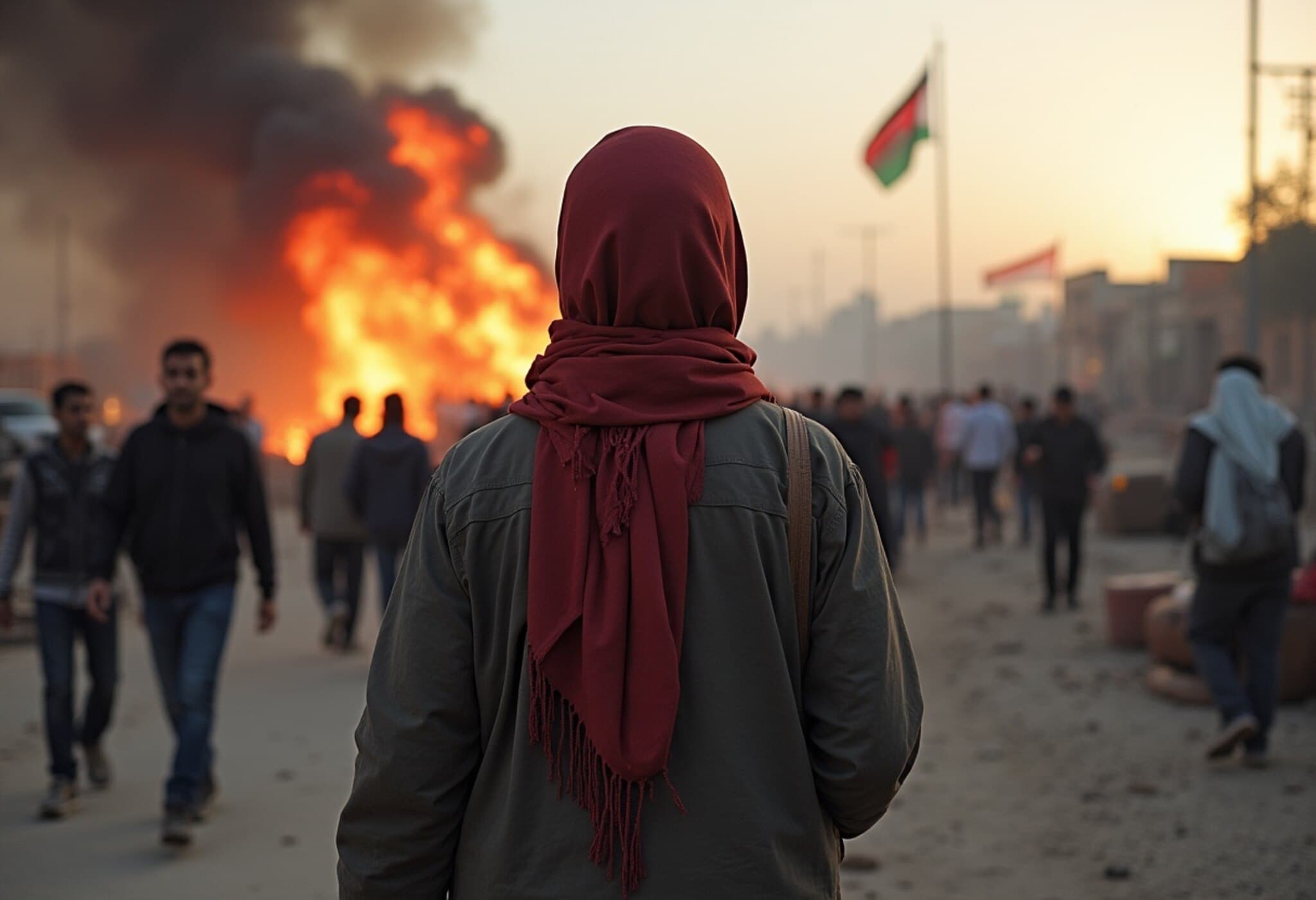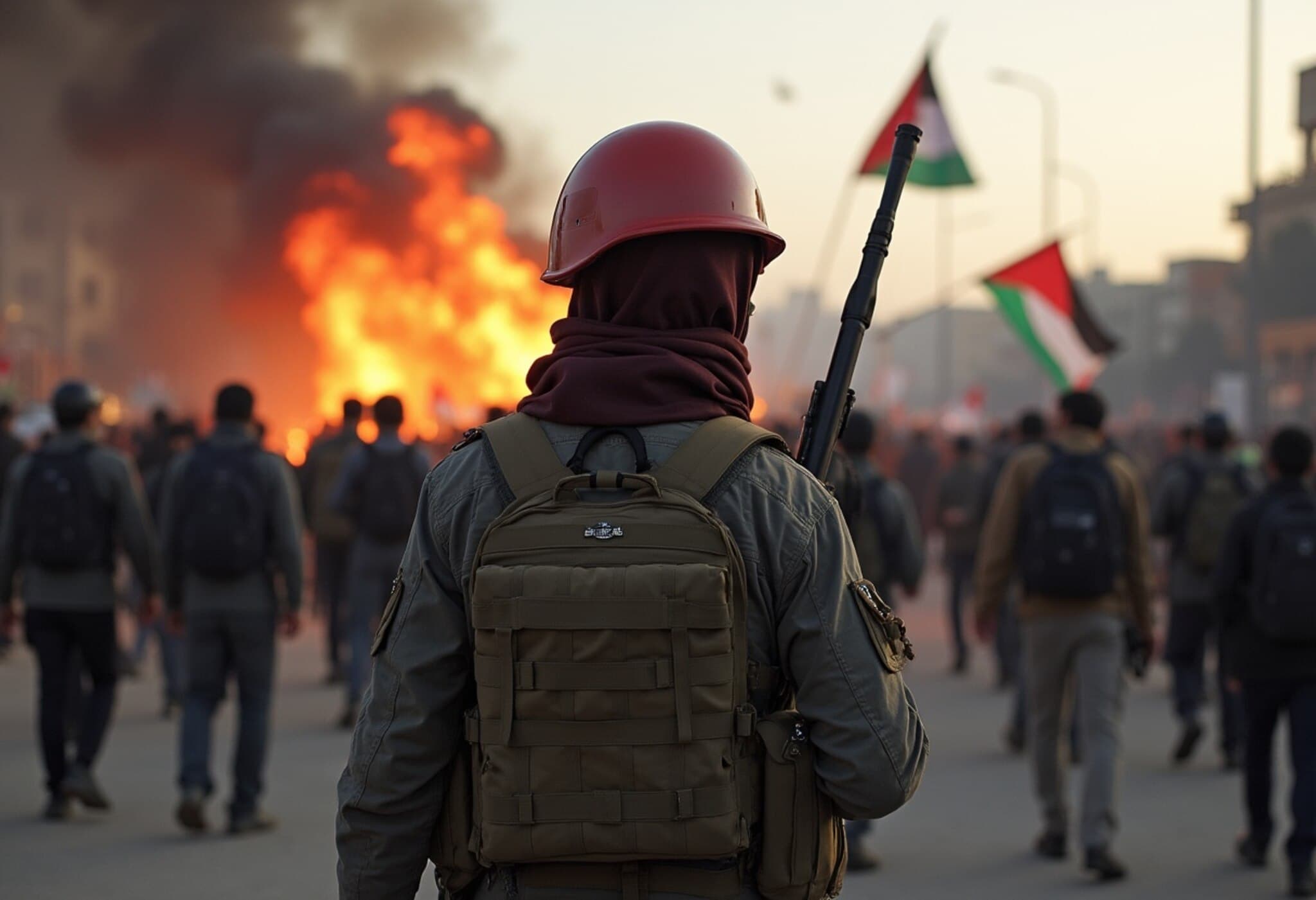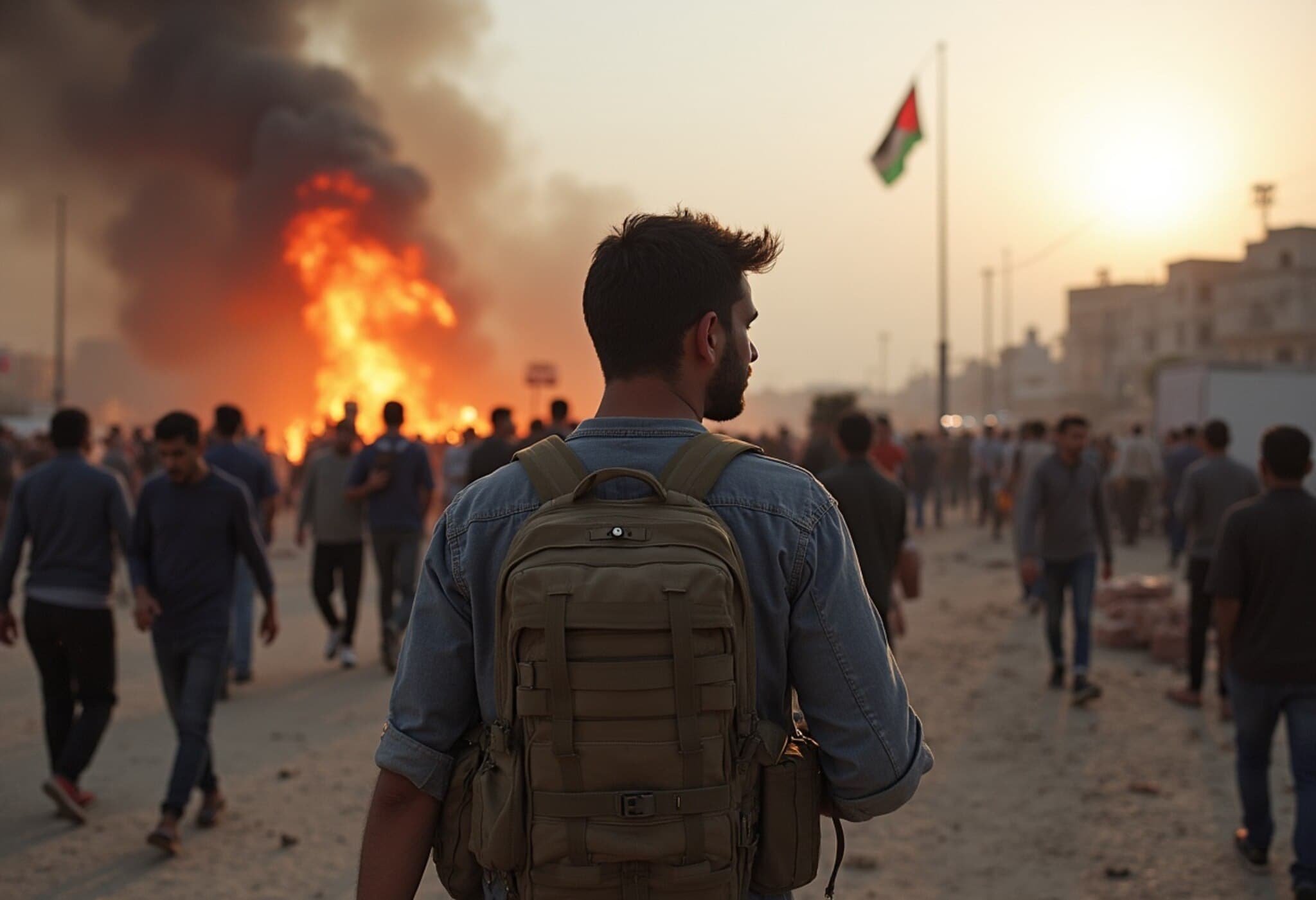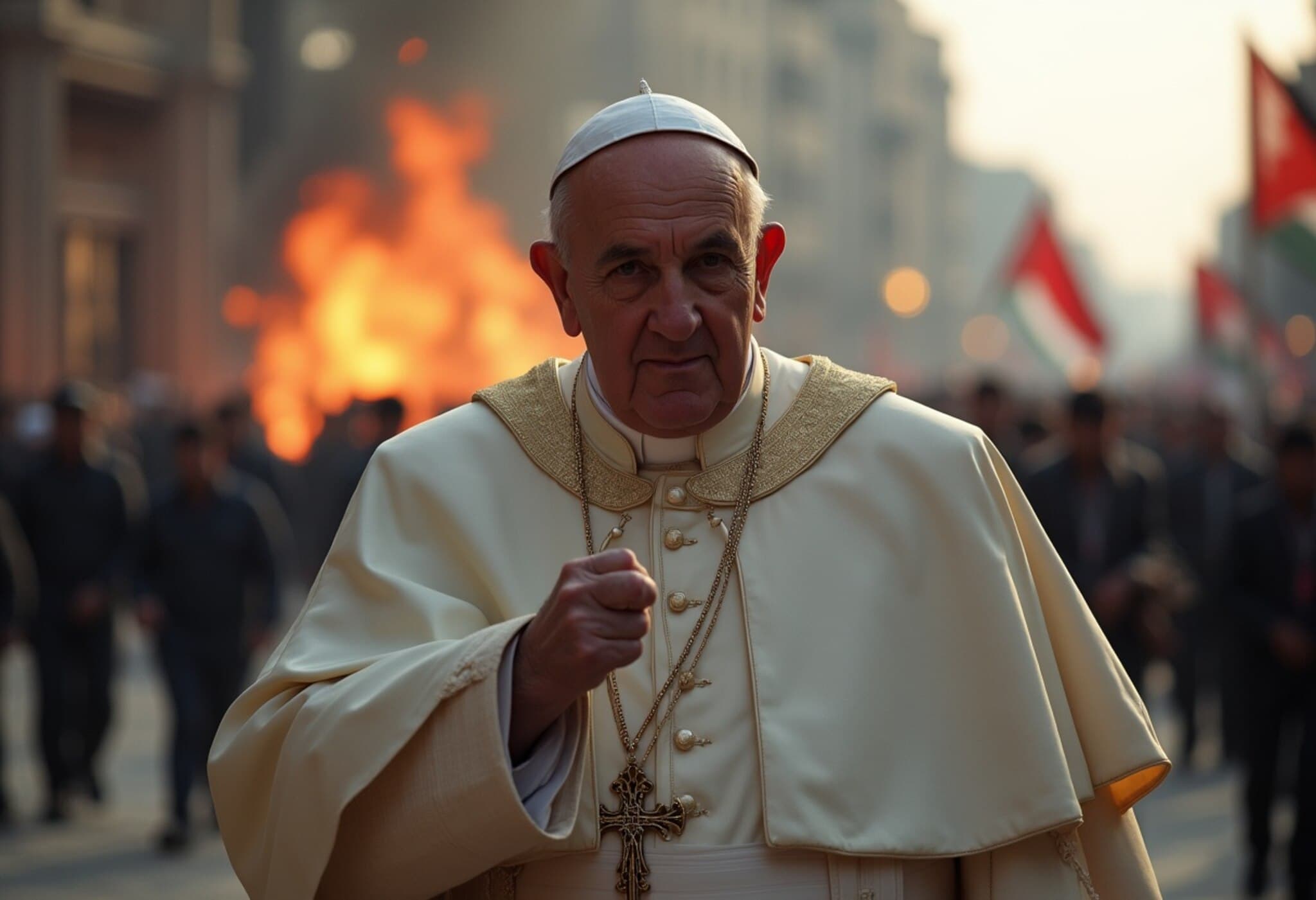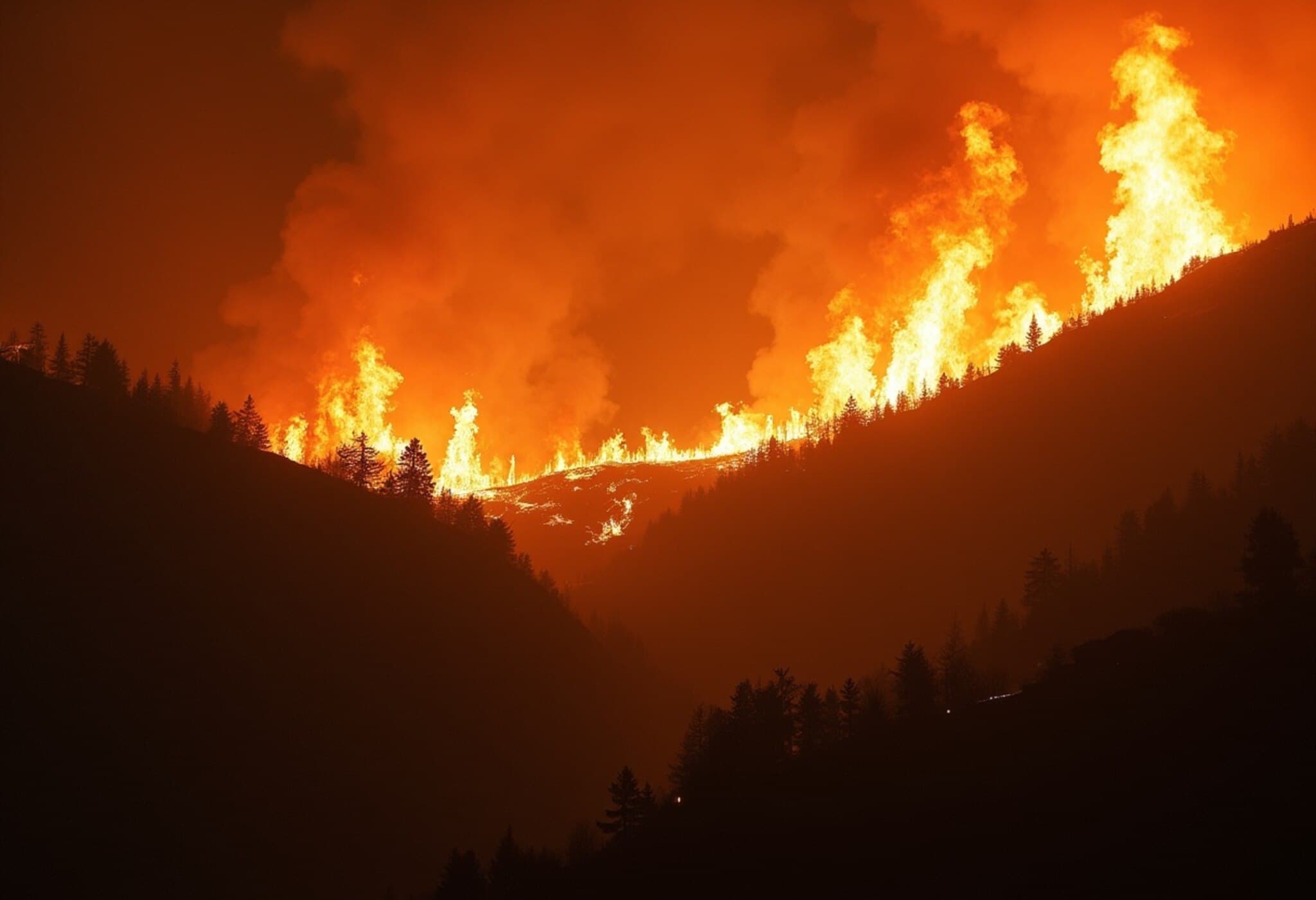Freedom Flotilla's Handala Edges Closer to Gaza, Faces Israeli Naval Interception
On July 27, 2025, the activist vessel Handala, launched by the Freedom Flotilla Coalition, is closing in on the Gaza Strip despite the region’s tightly enforced Israeli maritime blockade. The boat, carrying 19 activists and two journalists from various countries, aims to deliver humanitarian aid and stand in solidarity with Gaza's embattled population.
Handala's Voyage and Symbolism
Having departed Sicily, Italy, on July 13, the Handala now lies roughly 105 nautical miles (or 194 kilometers) from Gaza. The vessel’s name evokes Handala, the iconic Palestinian cartoon character symbolizing steadfastness and resistance — a poignant emblem underscoring the flotilla’s mission in the face of ongoing conflict.
The Handala is following a similar path taken by the previous Freedom Flotilla vessel, the Madleen, which was intercepted and detained by the Israeli navy in June. That mission, notable for including environmental activist Greta Thunberg among its 12 passengers, heightened international attention on Gaza’s blockade and humanitarian crisis.
Israeli Navy Vows to Enforce Blockade
Israel has reiterated its commitment to maintaining the maritime blockade on Gaza, citing security concerns. An Israeli army spokesperson told AFP that the military remains ready to react decisively according to political directives:
“The [Israeli army] enforces the legal maritime security blockade on the Gaza Strip and is prepared for a wide range of scenarios, which it will act upon in accordance with directives of the political echelon.”
This blockade has been internationally controversial, with advocates describing it as a chokehold causing severe shortages in Gaza, while Israeli officials argue it is necessary to prevent militant weapons smuggling.
Humanitarian Context: Gaza on the Brink
Gaza’s humanitarian situation remains critical. United Nations agencies and numerous NGOs have issued stark warnings about imminent famine and the scarcity of food, medicine, and other essentials. This context frames the urgent humanitarian imperative driving the flotilla's mission.
Activists’ Resolve and Potential Hunger Strike
The Handala’s crew has publicly declared that if intercepted and detained — a scenario they see as likely — they will initiate a hunger strike to spotlight Gaza’s plight and protest restrictions imposed by the naval blockade. This echoes previous tactics used by activists to apply moral and political pressure on the blockade authorities.
Expert Commentary: The Maritime Blockade and Its Broader Implications
From an American policy perspective, the recurring attempts by activist flotillas to breach the blockade highlight a complex intersection of international maritime law, humanitarian aid delivery, and geopolitical strategy.
- Maritime Security vs. Humanitarian Access: The Israeli blockade is legally justified by Israel under the right of naval blockade in conflict situations, but enforcement often clashes with international humanitarian principles advocating unimpeded aid.
- U.S. Diplomatic Balancing Act: Washington’s longstanding support for Israel is accompanied by diplomatic sensitivity regarding Gaza’s humanitarian crisis, leading to calls for easing restrictions without undermining Israeli security needs.
- Media and Public Perception: High-profile flotilla missions, especially with media presence and activists from Western countries, tend to amplify public scrutiny of the blockade and Israel’s policies, influencing international discourse.
The continued tensions also raise questions about the effectiveness of the blockade strategy in achieving political stability and whether alternative humanitarian corridors can be developed in cooperation with international bodies.
Looking Ahead
As the Handala approaches Gaza's shore, the international community watches closely. The outcome — whether peaceful landing, interception, or standoff — will likely impact ongoing debates about Gaza’s future, humanitarian law, and the broader Israeli-Palestinian conflict.
“We are not just delivering aid; we are bearing witness to an unfolding humanitarian tragedy and challenging policies that prolong suffering,” one activist aboard the Handala said.
Editor’s Note
The arrival of Handala underscores the persistent humanitarian and geopolitical complexities surrounding Gaza. It invites deeper reflection on how international law, activist diplomacy, and state security intersect. As tensions mount, critical questions emerge: How can humanitarian aid reach civilians without escalating conflict? Can multilateral frameworks be reinvigorated to alleviate Gaza’s crisis? This situation reminds us that behind every headline are human lives navigating an intricate web of politics and compassion.

